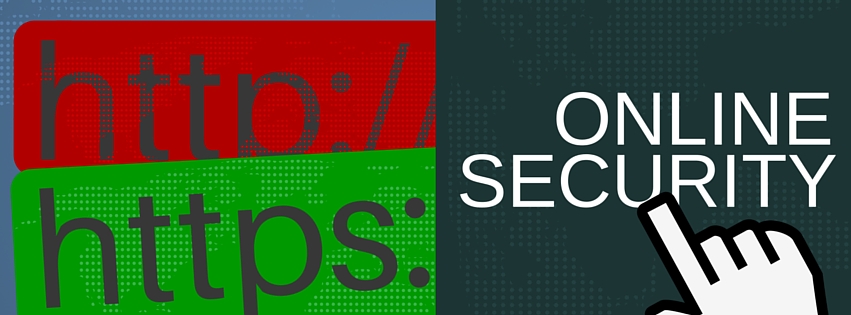Scammers, hackers, and identity thieves want to steal your personal information – and your money. Here are some simple steps you can take to protect yourself while conducting business over the Internet.
1. Use Security Software. It protects your computer against prevalent online threats. Usually, your operating system should include security software or you can download free security software from well-known cybersecurity companies. Some options might have an annual licensing fee and offer extra features. Vital tools to enable your security software include a firewall, virus/malware protection, and file encryption if you save sensitive financial information on your computer. Security suites frequently come with firewalls, anti-virus, anti-spam, parental controls, and privacy protection. Do NOT buy security software presented as a pop-up ad on your computer or email! It’s probably a scam.
2. Allow Security Software to Update Automatically. Malware – malicious software – evolves perpetually and your security software suite is routinely updated to keep up with it.
3. Look for the “s” Indicating Encrypted “https” Websites. When shopping/banking online, ensure that the site uses encryption to protect your information. Look for “https” at the beginning of the site’s web address. The “s” stands for Secure [Sockets Layer]. Unencrypted sites begin with an http address.
4. Use Strong Passwords. Use passwords at least 10 to 12 characters long, using uppercase and lowercase letters, numbers, and special characters. Don’t use your name, birthday, or common words and do not use the same password for more than one account. Keep your password list in a secure place or use a password manager and do not share your password. You may receive calls, texts or emails pretending to be from legitimate companies. You could even be contacted by someone pretending to be an IRS agent seeking personal financial information. THESE ARE SCAMS. The IRS does not contact taxpayers via telephone or email.
5. Secure Your Wireless Network with a Strong Password. A wireless network sends a signal that permits you to connect to the Internet. If your home or business wifi is unsecured, it will allow any computer within range to access your network and retrieve information from your computer. Criminals can use your wireless network to send spam or commit crimes that would be traced back to your account.
6. Be Cautious When Using Public Wireless Networks. Public wifi hotspots are convenient but often not secure. Sensitive information sent over public networks may be accessed by others. If a public wifi hotspot does not require a password, it is likely not secure. If you are transmitting sensitive information, remember to look for the “s” in “https” of the website address to ensure that the information is secure.
7. Be Wary of Phishing Attempts. Never reply to emails, texts, or pop-up messages that ask for your sensitive information. It’s a common trick to impersonate a business, such as your financial institution, tax software provider, or the IRS, asking you to update account information via the link provided. Don’t open links even if they seem to be from a company you trust. Instead, go directly to the firm’s website. Legitimate businesses do not ask you to send sensitive information through an unsecured channel.
For more tips to protect your personal and financial data, visit irs.gov/TaxesSecurityTogether.
